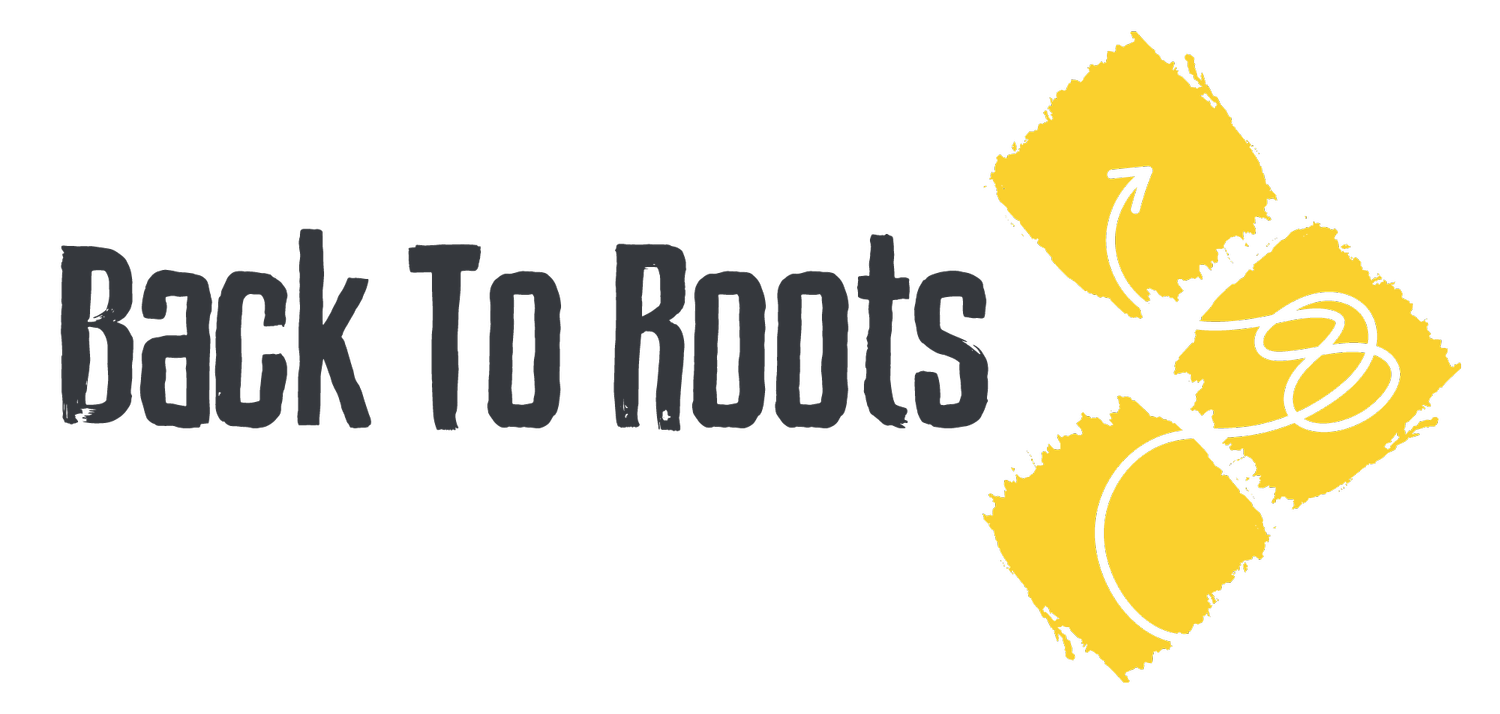Why is my protein intake so important again?
I have mentioned across various posts, protein intake is important and most people struggle to hit their target. Athletes and those with a performance background tend not to ask why protein is so important, simply because when you start training, you realise you just need more!
Muscles are made of roughly 75% water, what is left after that is essentially protein (approximately 1% is stored carbohydrate called glycogen and there is some fat). It is thought that protein makes up about 20% of your total body mass. Protein is found in the structural form of muscles, connective tissue including tendon, fascia and skin but fundamentally every hormone and enzyme in the body is a protein. Hormones and enzymes enable all the subconscious communication within us to run in the background and include, amongst others, stress hormones and digestion.
Your body can recycle broken down protein in times of starvation. This is a very effective mechanism for mobilising energy and has got our ancestors through long periods of famine. This process has a long name, gluconeogenesis, we will die with no protein at all, but we can live a long time with minimal amounts. It is on this basis that governments and nutritionists will recommend much lower protein than I do.
The National Institute for Clinical Evidence (NICE) here in the UK recommend:
These numbers are fine if;
- you are eating at or above maintenance,
- you are doing light exercise with no specific goals,
- you have moderate to high body fat,
- you are not trying to gain muscle or your doctor recommends a low protein diet for medical reasons (Kidney problems for example).
If however you are not in one of the 4 categories above then 0.8-1.5 is simply not enough. Your goals may include:
- Eating below maintenance,
- you are performing vigorous, goal oriented training,
- you have low body fat,
- you are trying to gain muscle, or at least maintain what you have while losing fat,
- you have no medical restrictions
For these goals the latest literature review advocates much closer to 2g/kg/day, some even argue up to 2.7g/kg/day.1
Quality of protein matters
Protein qualities matters at least as much as quantity. Different foods have different combinations of 20 amino acids - the building blocks of protein- and some combinations are more potent than others. Nine of the 20 are considered "essential," meaning your body can't make them; they have to come from your diet. Of those nine, three are categorised as branched-chain amino-acids (BCAAs). Leucine is the most powerful BCAA, and the single most important nutrient for building muscle.
Here are some examples of the foods with the most BCAA in general, and leucine in particular.
- Whey Isolate (BCAA content 26% - Leucine content 14%)
- Milk, 80% casein, 20% whey - (BCAA content 21% - Leucine content 10%)
- Egg (BCAA content 20% - Leucine content 8.5%)
- Animal flesh, cattle, pig, birds, fish, sheep.... (BCAA content 18% - Leucine 8%)
- Soy isolate (BCAA content 18% - Leucine content 8%)
- Wheat (BCAA content 15% - Leucine content 7%)
*% here are the percentages of the foods total amino acid content that is a) BCAA or b) Leucine.
Whey protein is hands down the best for building or preserving muscle. Whey however is a supplement, and the most of your daily calories should be coming from whole foods. That means we should be focusing on the next 3 points above, dairy, eggs and animal flesh (meat, poultry, fish). If you happen to be vegetarian you will rely more on the two foods at the bottom of the chart, along with legumes like beans and lentils.
Clients feedback that the inclusion of cottage cheese as a simple alternative to their current snack (normally carby) is one of they linchpins to feeling fuller and hitting their prescribed protein goals. Cottage cheese has an impressive protein (Leucine in particular) profile and very low in calories. For more 'tricks' and tips get in touch for a plan :)
ReFERENCES
Aragon, A. and Schuler, L. (2014). The Lean Muscle Diet, Rodale inc, Newy York, USA, P.21-23
Schoenfield, B. (2016). Science and Development of muscle Hypertrophy, Human Kinetics, USA P. 145




